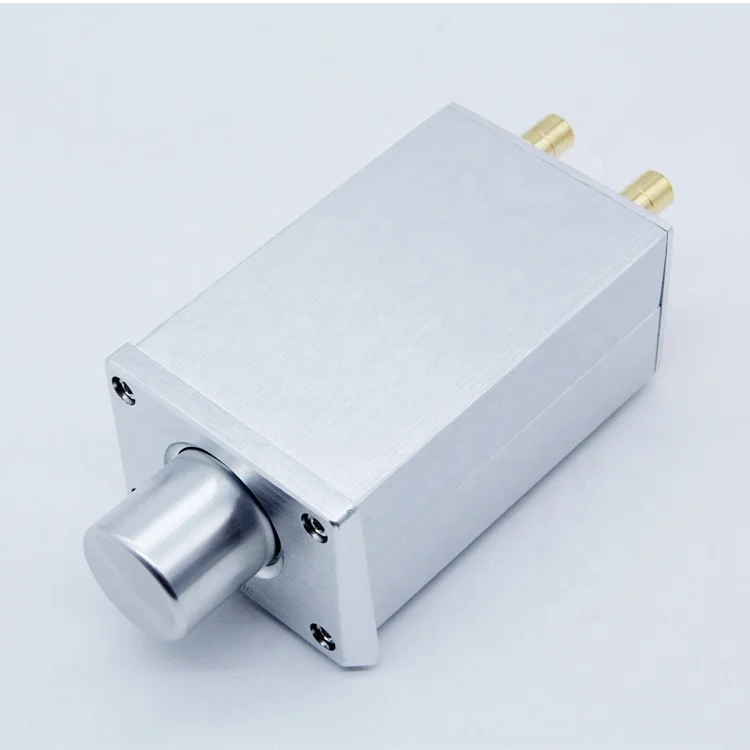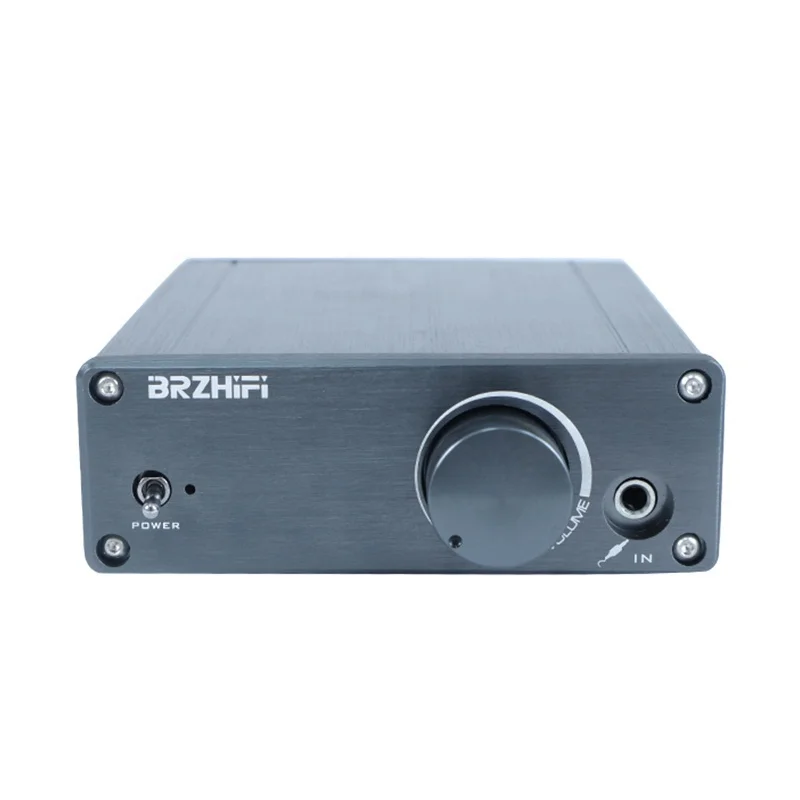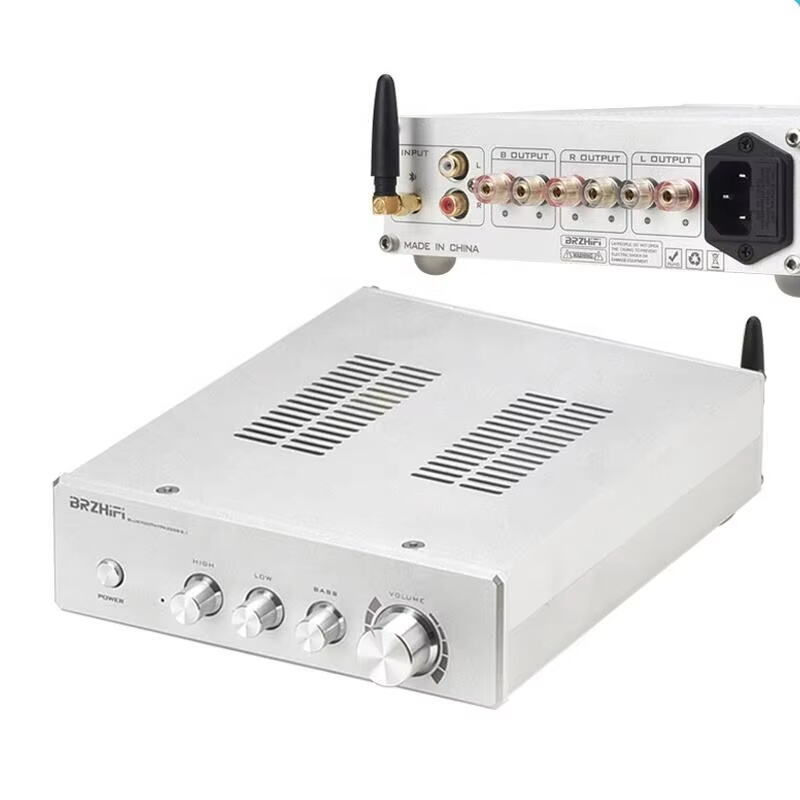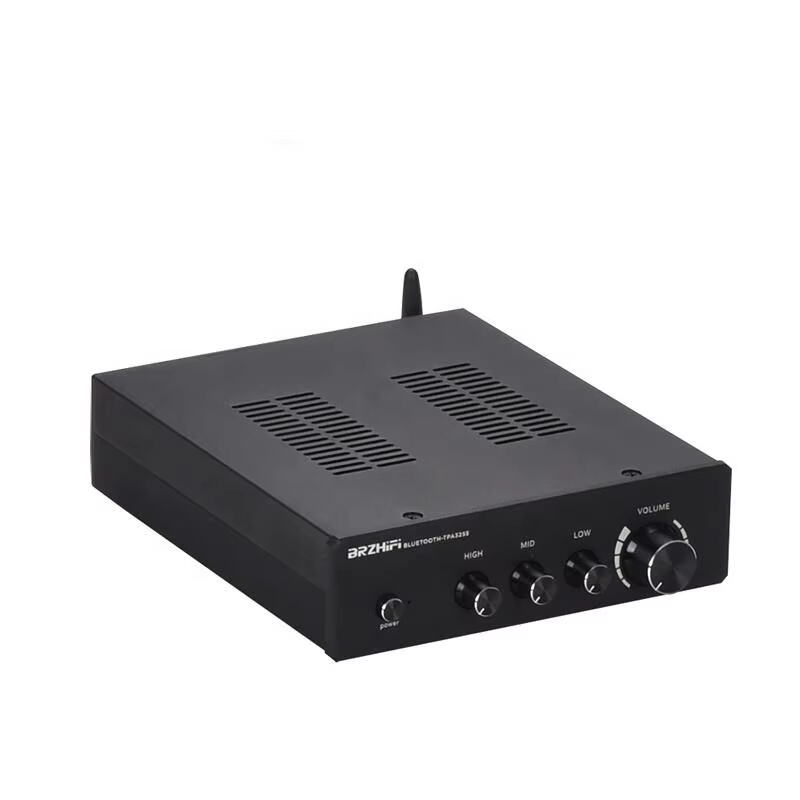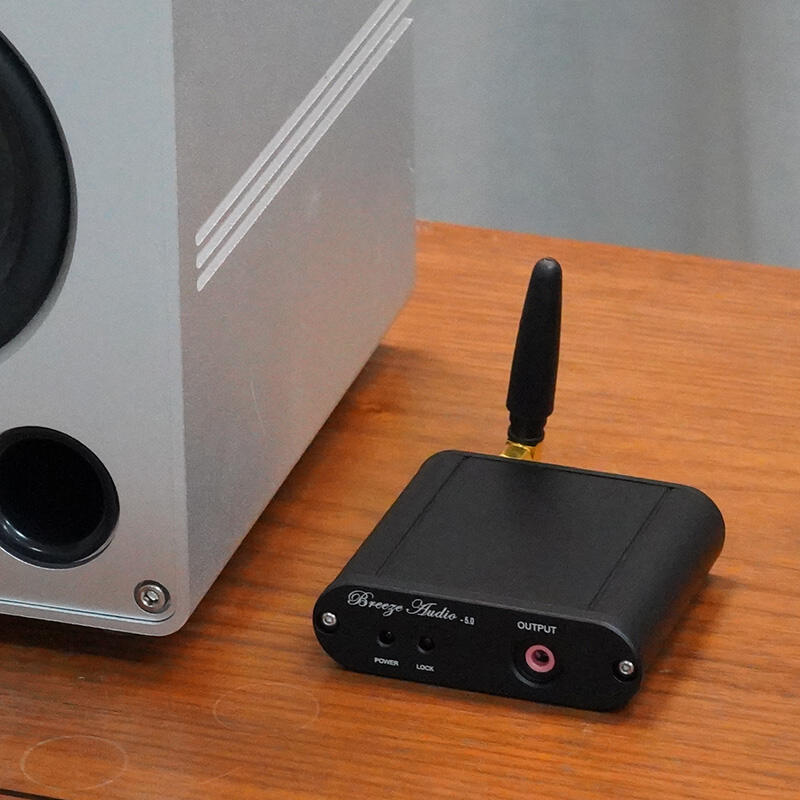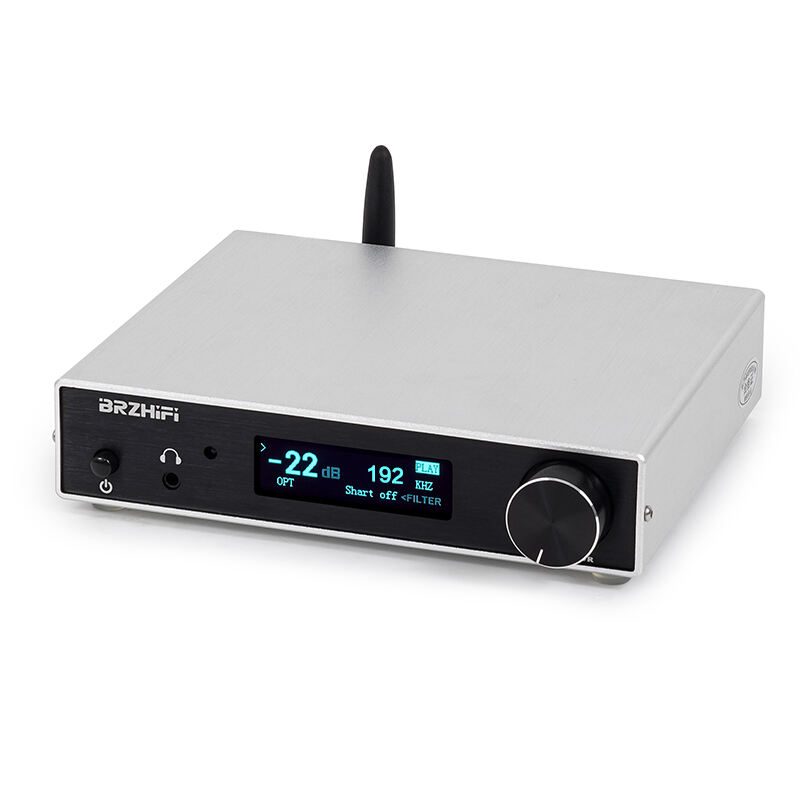universal decoder
The universal decoder represents a groundbreaking advancement in digital signal processing technology, offering comprehensive decoding capabilities across multiple formats and protocols. This versatile device integrates sophisticated algorithms and advanced processing units to interpret and convert various types of encoded signals into readable data formats. Operating at frequencies ranging from low-band to ultra-high frequencies, the universal decoder supports numerous encoding schemes including AM, FM, PSK, FSK, and QAM modulations. Its adaptive processing system automatically detects signal types and adjusts decoding parameters in real-time, ensuring optimal performance across diverse applications. The device features a user-friendly interface that simplifies complex decoding operations, making it accessible to both technical experts and novice users. With its robust error correction capabilities and high-speed processing architecture, the universal decoder maintains signal integrity while minimizing data loss during transmission. The system's modular design allows for easy upgrades and customization, supporting future protocol implementations and technological advancements. It serves critical roles in telecommunications, satellite communications, broadcasting, and scientific research, providing reliable decoding solutions for various industry applications.



